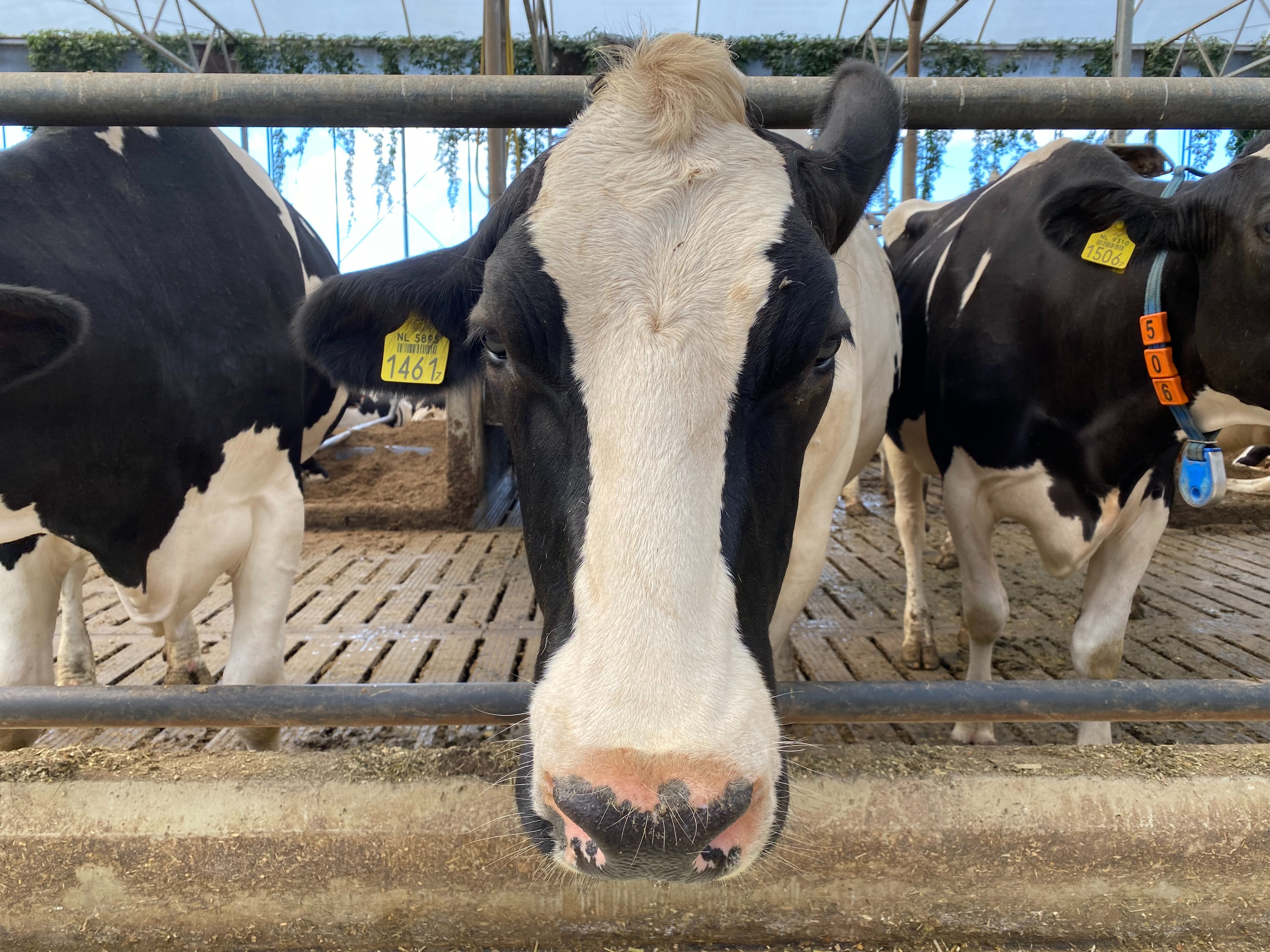

Website Design Copyright 2025 © 竹新化學股份有限公司 & 頂烽企業股份有限公司
All Rights Reserved. 網頁設計 by 覺醒設計

Calcium carbonate is playing a key role in enhancing the livestock environment.
It serves a significant role in feces management and soil improvement, helping to reduce environmental pollution and enhance the sustainability of livestock farms.
Recommended Product: CS-500

Soil Improvement:
Calcium carbonate has the function of regulating soil pH, neutralizing acidic soils, and improving soil fertility and structure.
This is crucial for livestock farming as soil quality directly affects the growth and nutritional value of feed crops.
By adding the appropriate amount of calcium carbonate, soil pH can be regulated, creating a soil environment more conducive to animal growth.
Feces Management:
Feces management in livestock farms has been an ongoing environmental concern, but calcium carbonate can help address this issue.
Calcium carbonate can bind with harmful substances in feces, reducing the emission of odorous gasses like ammonia and hydrogen sulfide, and decreasing fecal pollution in the environment.
This contributes to improving air quality around livestock farms and enhancing environmental hygiene.
Reducing Environmental Pollution:
Calcium carbonate demonstrates excellent adsorption capacity in the treatment of livestock feces, absorbing harmful gases like ammonia and reducing fecal pollution impact on the environment, ultimately improving air quality.
Water Quality Improvement:
Calcium carbonate can be used to treat impurities and heavy metals in water, improving the quality of drinking water and safeguarding animals from water source contamination, thus further enhancing the animal living environment.
Enhancing Sustainability:
The application of calcium carbonate helps to reduce phosphorus content in animal feed, minimizing phosphorus emissions and benefiting water protection and sustainable water resource utilization, while reducing dependence on phosphorus in the environment.
In summary, the use of calcium carbonate in livestock farming brings multiple benefits to improving the livestock environment.
It not only enhances animal health and productivity but also contributes to reducing environmental burdens and achieving more sustainable agricultural production.
It has become an indispensable part of modern livestock industry development.
We use cookies to collect and analyze information on site performance and usage. By Clicking "Continue" or by clicking into any content on this site, you agree to allow cookies to be placed. To find out more, please visit our privacy policy。
CONTINUE GO TOP
GO TOP
